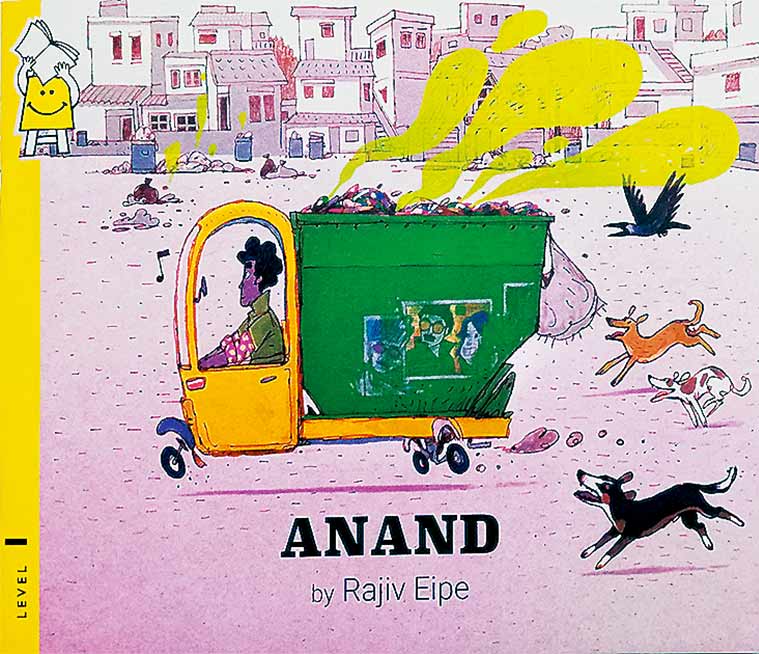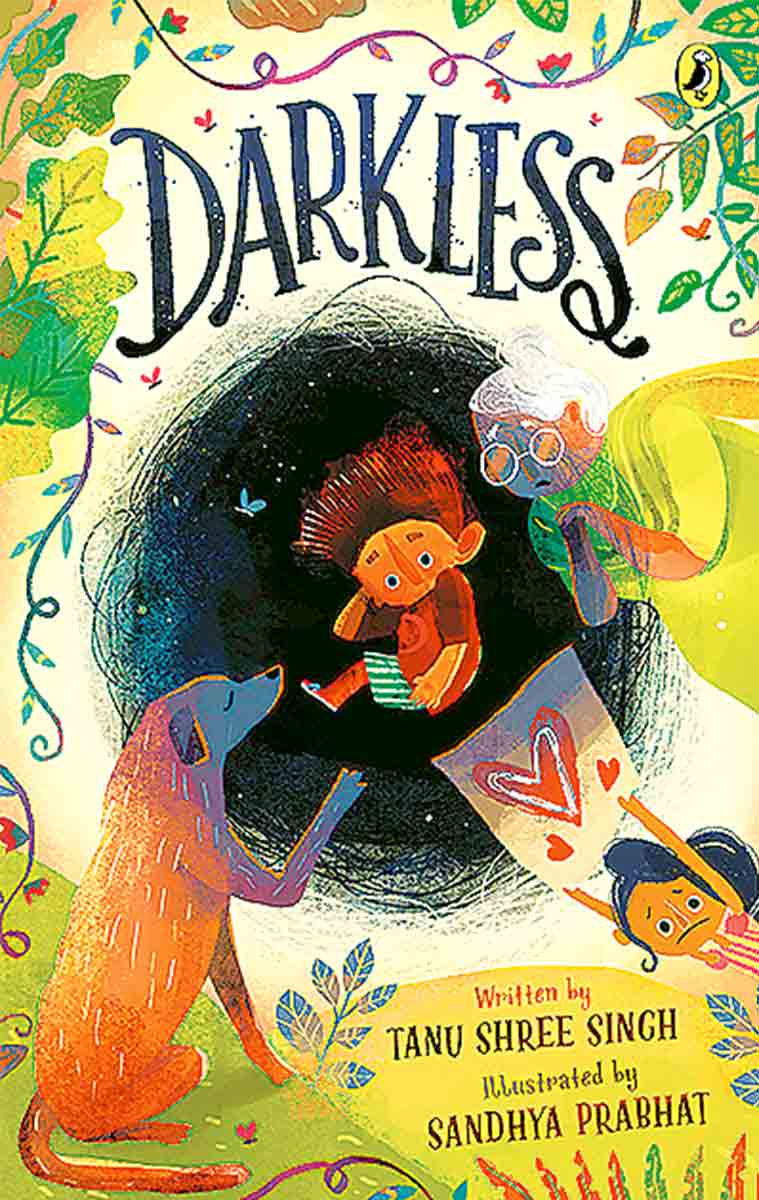- India
- International
Three children’s books that talk about how to engage with the larger world
Books that reflect on homesickness, illness, fear or just noticing the invisible people around us.
 (Express archive)
(Express archive)
Paromita chakrabarti
To have difficult conversations with children is not the easiest thing. Oftentimes, we gloss over feelings of fear and hopelessness in our attempt to shield them from the harsh realities of life, or, keep them so wrapped up in the seclusion of their little all-is-well worlds that they fail to engage with people and things very different from their own milieu. This week, three books that interact creatively with emotions of homesickness, fear and talk about how to engage with the larger world:

the koodawala might be a man forever in demand, but that barely ever translates into any deep interaction with him, so much so that we hardly ever know his real name. In Anand (2019, Pratham Books, appropriate for: 4+ years), Rajiv Eipe tells the story of a young man, Anand, who rids the neighbourhood of its trash. Eipe, whose earlier book Ammachi’s Amazing Machines (Pratham Books) spoke of simple tools and implements that went into the making of a coconut barfi, makes Anand a very real presence — a man who has to manage the quirks of the neighbourhood, who gets along with little children and who loves to dance. In doing so, he eases his readers into the disparate social hierarchy, giving them early cues in meaningful terms of engagement.
 Written by Labanya Ghosh and illustrated by Pallavi Jain, this is a beauty of a book that speaks of homesickness
Written by Labanya Ghosh and illustrated by Pallavi Jain, this is a beauty of a book that speaks of homesickness
MUMBAI’S BUSTLE is a thing of wonder for Doma, who has come to visit her friend Veda from faraway Ladakh in The Mountains of Mumbai (2019, Karadi Tales, appropriate for 6+ years), but she does miss her high mountains. Veda, however, knows just the thing to assuage her friend’s longing. Written by Labanya Ghosh and illustrated by Pallavi Jain, this is a beauty of a book that speaks of homesickness, wonder, and, eventually, a whole new way of looking at a city’s architecture, shaped as it is by the aspirations and demands of its inhabitants.

THE QUALITY of picture books in India is on a delightful upsurge, thanks to a bunch of committed indie publishers and writers who have been pushing its cause. Tanu Shree Singh’s Darkless, conceived at one such indie house but published by a multinational (2019, Puffin, appropriate for 6+ years) speaks of a child’s anxiety at his mother’s absence, as she undergoes treatment for an unnamed disease — cancer, perhaps. The leaching of the light even on a bright day, the fear gnawing away at Ani’s heart, the undercurrent of apprehension in the narrative is in sharp contrast with the warm colours of Sandhya Prabhat’s illustrations, that refuse to lift Ani’s mood. This is a book for quiet contemplation, one that speaks of the uncertainties of life — and death — with care and sensitivity.
Apr 24: Latest News
- 01
- 02
- 03
- 04
- 05







































